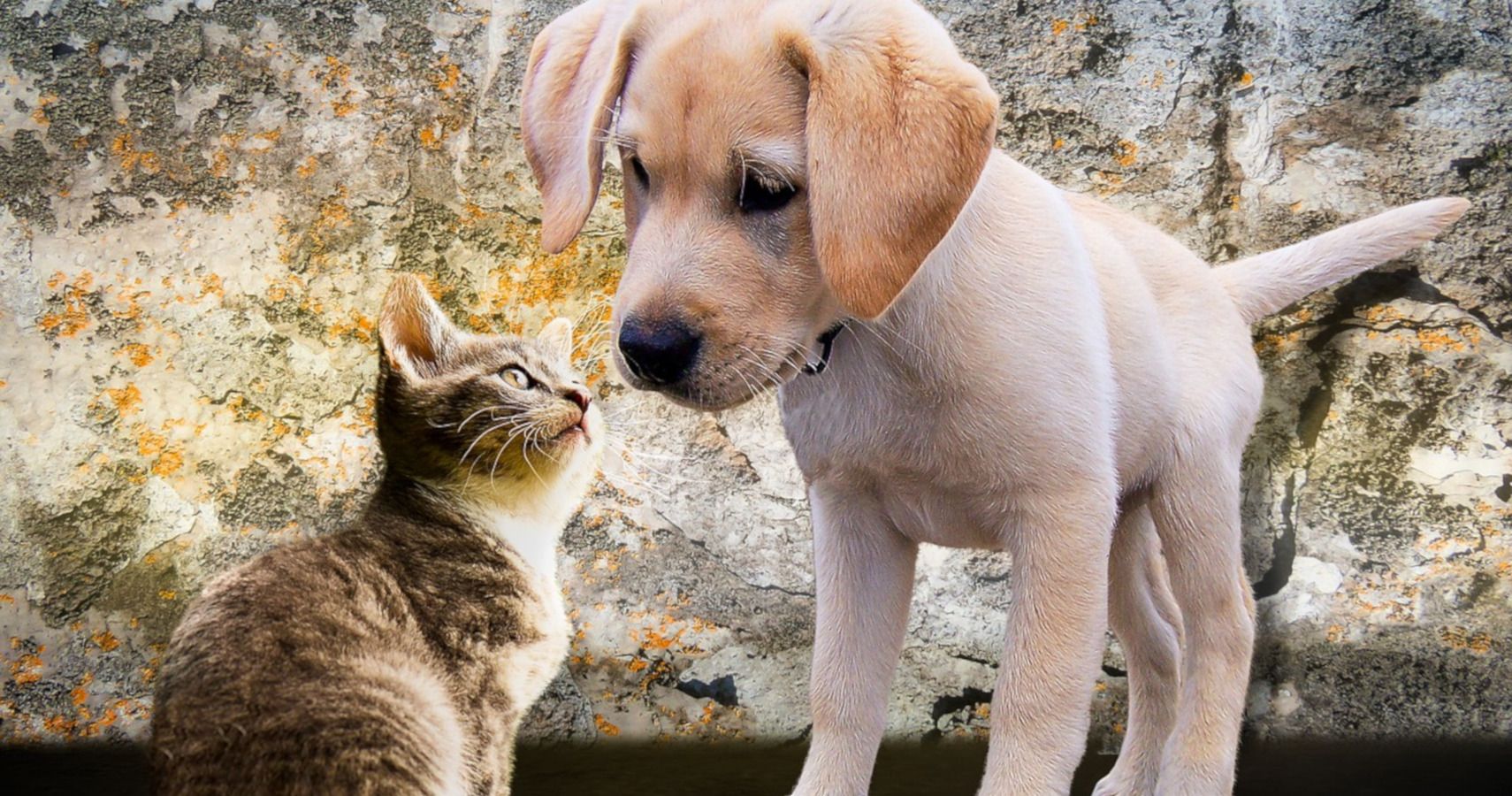Most people regard pets as part of the family since they bring joy, fun, and warmth to a home. However, if you are pregnant, you have to be cautious about the kind of pets you can interact with. It is also important to have a new strategy on how to handle your pet if you are pregnant. Avoid strenuous activities with your pet to avert risks to your pregnancy.
Additionally, pets can carry harmful diseases that can be detrimental to you and your unborn child. Since they are part of your family and you cannot get rid of them, it is important to practice caution while pregnant. Here are a few tips and facts to consider if you are a pregnant pet owner:
Kitty Litter Can Be Dangerous
During your pregnancy, your cat can unintentionally cause harm to you and your unborn child. Cat feces may contain a tiny protozoan known as Toxoplasma Gondii, which can cause a condition called toxoplasmosis. You may contract this condition by direct contact when cleaning your cat’s litter box, or when gardening in an area where your cat defecated. You can also contract toxoplasmosis by breathing in the sacs that contain the protozoan. This organism becomes airborne when the feces are disturbed.
Although the chances of contracting this condition during pregnancy are rare, it is wise to remain vigilant. The symptoms are mild and are easily mistaken for the flu or cold. You can develop fever, fatigue, swollen glands, headaches, and coughs. However, if your cat has been in your home for a long time, you could have contracted this condition. This is good because your body builds up immunity from a repeat infection. This means your body can protect your unborn child from this condition.
If you do not know if you have ever had this condition, it is essential to protect yourself and your baby. If it infects your pregnancy, it could lead to central nervous system defects, premature birth, stillbirth, or low birth weight.
Here are a few points to consider:
- Have your cat tested for Toxoplasma Gondii. If found positive, let someone else take care of them for not less than six months. If not positive, keep your cat away from raw meat, and do not let them go outside.
- Let someone else clean the litter box, and avoid gardening.
- Eat fruits and vegetables after a thorough wash.
- Cook meat thoroughly since inadequately cooked meat can also cause toxoplasma.
Dogs May Risk Infection & Disease
Dogs are good companions, especially to pregnant women. They are fun and therapeutic during this period. However, your canine friend must be well vaccinated and healthy while you are pregnant. Other than risks of diseases and infections, pet dogs can also bite and scratch, innocently causing harm to your pregnancy. Therefore, it is important to be safe around your dog for the sake of you and your baby. Here are a few tips:
- Ensure your pet dog visits your vet regularly for vaccinations and checkups.
- Enroll your pet dog for training classes if they are consistently erratic.
- Be extra careful around your dog especially if he or she is large. Dogs are playful and can jump on you, accidentally knocking you down or jump all over your belly. This can be harmful to your pregnancy.
- Watch out for behavioral changes in your pet dog. This is because dogs can be territorial or jealous if they do not get as much attention as they used to.
- Be careful around dogs that do not know you to avoid bites or scratches. Also, keenly observe your dog’s behavior when you bring your new bundle of joy home.
- Ensure your pet dog is clean and disinfected to protect you and your baby from ticks and tick bites.
Rodents & Rabbits Can Carry Bacteria
Most households have small pet animals such as guinea pigs, gerbils, rats, hamsters, mice rabbits, or chinchillas. While they are easy to care for and fun, they carry harmful bacteria and other microorganisms such as LCMV that can pass on to humans.
To prevent any harm from befalling you and your unborn baby, maintain high levels of hygiene for you and your pet. Ensure that you wash your hands thoroughly after touching your pet to avoid infections. If possible, let someone else clean the cages as a precaution. Since transmission of infection can occur through eating contaminated food, it is important to keep your pets out of the kitchen.
Having pets throughout your pregnancy is easy and achievable if you have the right information. It is essential to prepare by planning and recruiting helpers to keep your pregnancy out of harm's way.
Sources: verywellfamily.com, cdc.gov, childrenshospital.org, mayoclinic.org.

